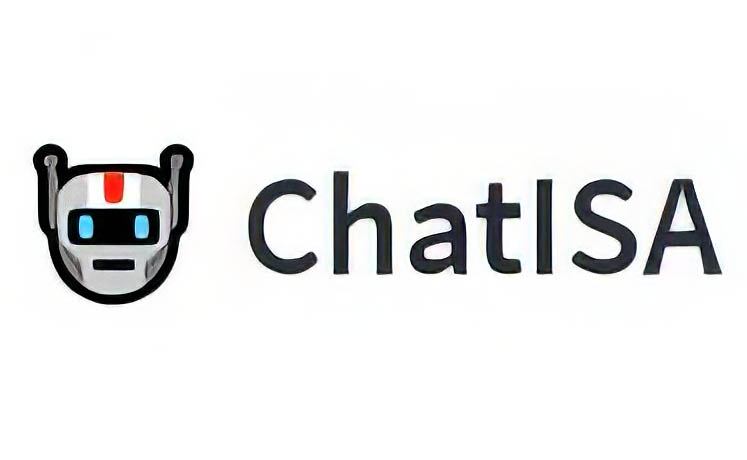FSB professor creates AI chatbot to assist business analytics students
An artificial intelligence chatbot is helping analytics students find answers more quickly.

FSB professor creates AI chatbot to assist business analytics students
In a time when many pundits take the rise of artificial intelligence to task for its potential downsides, a Farmer School Information Systems and Analytics professor has deliberately brought AI into his classrooms, both in policy and through his own AI chatbot.
Associate professor Fadel Megahed is no stranger to AI. In the last several months, he’s been the lead author on two papers on AI, one looking at potential pitfalls in its use, the other examining how it could be used in statistical quality control. So it’s not much of a surprise that Megahed has a class policy encouraging students to use AI.
“There was a lot of research that talked about how AI could be used in education, that AI can play many roles in the classroom. One paper in particular talked about seven roles in the classroom, and I took these seven roles and tweaked four of them so they kind of better work for our students,” Megahed said.
"As an ISA student, learning to use AI is an emerging skill that would benefit your career,” the policy states. “That being said, you should be aware of the limits of such tools: (a) the use of AI tools may not be useful in all applications, so use them with caution; (b) prompt engineering matters, so you will need to craft a good prompt to get higher quality answers; (c) the answers you get may be wrong, e.g., ChatGPT is often confident but wrong; and (d) if you use such a tool in an assignment/exam, you will need to provide your prompt and the AI's answer (which may require tweaking to work correctly)."
Megahed then went a step further, creating an AI chatbot called ChatISA. The context is set for ISA students, where the tool is pre-prompted to tailor its response to Business Analytics students. It has an emphasis on providing coding examples in both R and Python, if the programming language is not in the prompt, and provides analogies to explain analytical concepts with explanations of how this concept can be used in industry. The Farmer School’s information technology department hosts the Python-based app on its web servers and ensures the app’s reliability in handling different traffic loads.
“I wanted to provide a free tool for students to be more inclusive, a tool where the students' prompts and responses are not used for model training. And I wanted to incorporate state-of-the-art recommendations about context setting and prompt engineering to enhance the outputs our students would get from the same request,” he said.
Megahed said he built ChatISA using ChatGPT’s application programming interface, which, combined with his own previous AI research, meant it didn’t take a lot of work to create. “From a programming point of view, this was about an hour’s worth of work,” he said. “I did it, essentially, the week before the semester began because I wanted to provide students with something that they could use quickly.”
It’s been a fairly popular chatbot so far, with more than 8,500 prompts submitted last month alone. “The students really like it. I think it's also convenient because they don't need to have a login,” Megahed said. “Students in my class have mentioned that depending on the instructor, when they have the option to use these AI tools, they use it also for other classes.”
Right now, Megahed is absorbing the costs of running ChatISA himself, but he is looking toward building a version that would be maintained within the Farmer School’s servers and would use open-source large language models rather than ChatGPT’s.